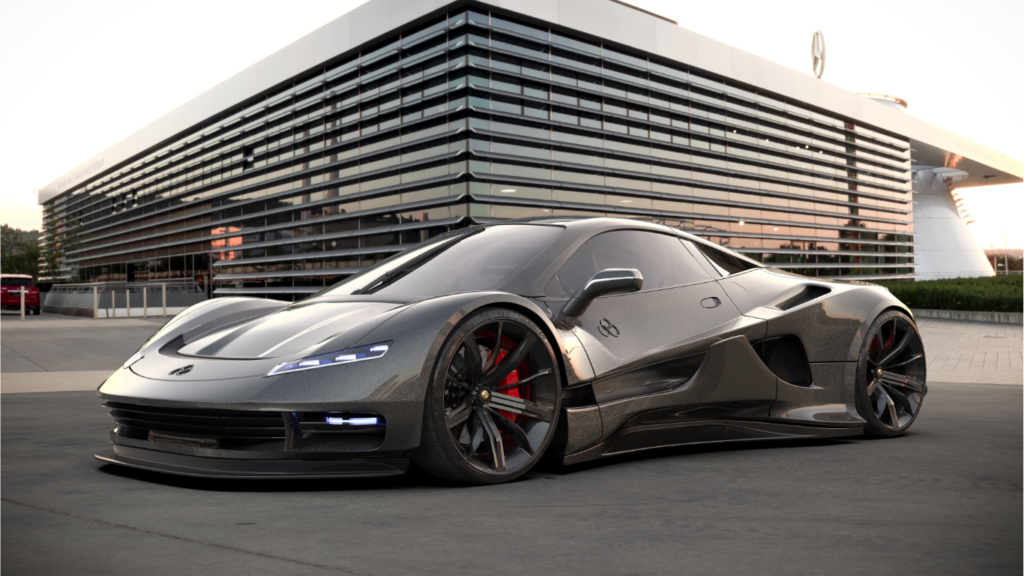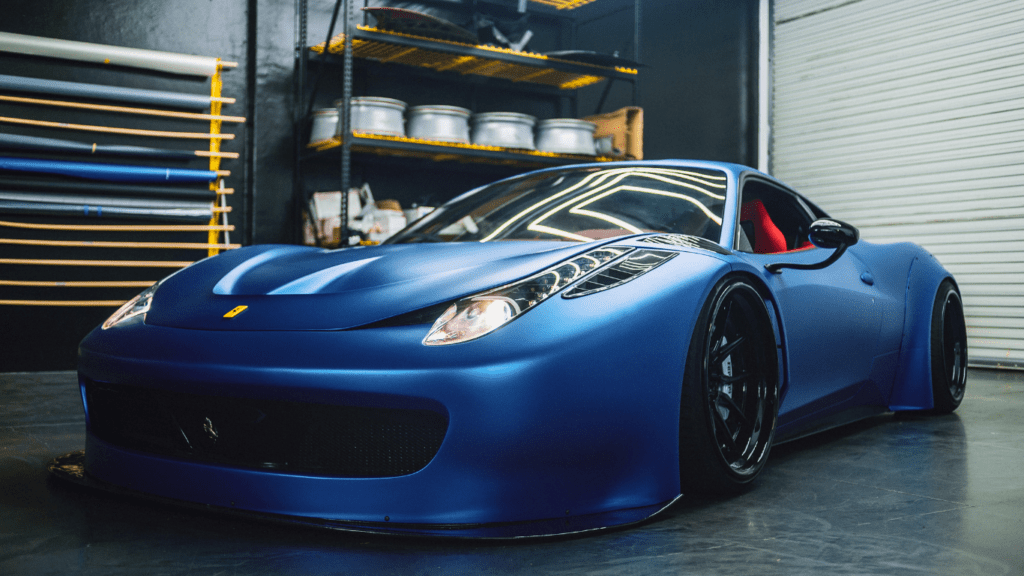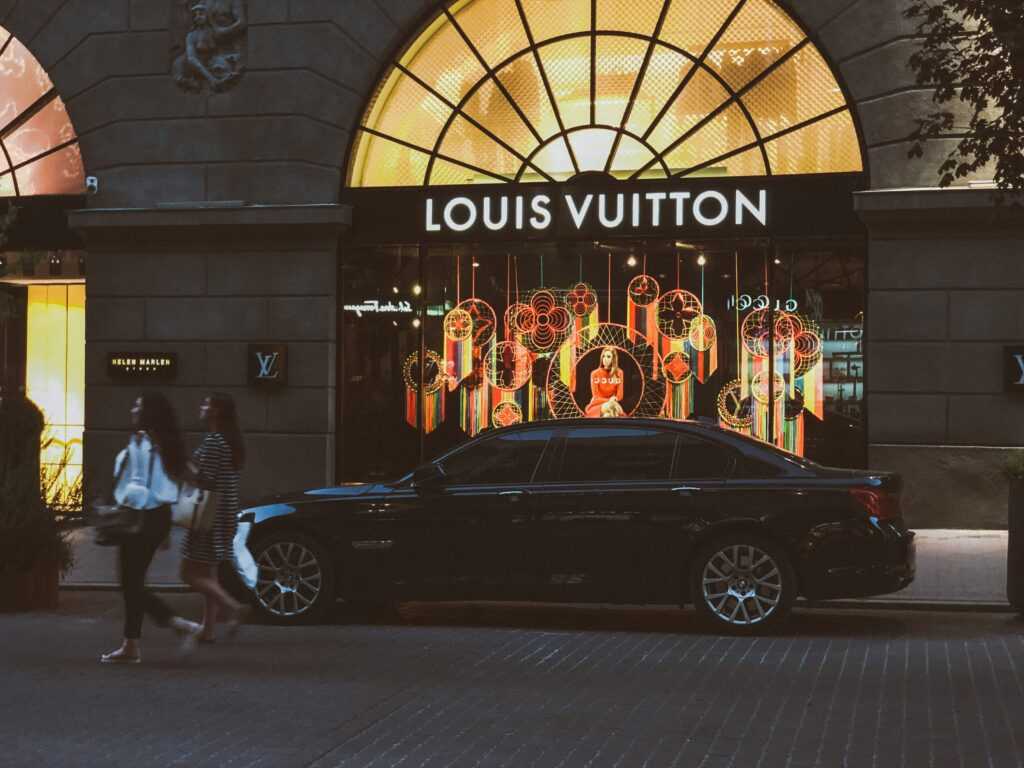Overview of Luxury Car Leasing
Leasing a luxury car offers distinct advantages. The upfront costs are typically lower, making high-end vehicles more accessible. Monthly payments are often less than those for a car loan. Given the rapid depreciation of new cars, leasing allows drivers to upgrade to the latest models without a long-term financial commitment.
The market for luxury car leasing has seen notable growth. I observed an increase in short-term leases, sometimes as brief as 12 months. This trend caters to those wanting flexibility, especially with the fast-paced advancements in automotive technology.
Sustainability has become a significant focus. Many luxury brands now prioritize eco-friendly options in their leasing programs. This includes incentives for electric and hybrid vehicles, aligning with global sustainability goals.
Customization is another key trend. Many dealers now offer personalized leasing plans. Clients can select specific vehicle features, from interior materials to advanced tech packages, ensuring a tailored driving experience.
Digital platforms simplify the leasing process. From initial research to finalizing contracts, every step can now be completed online. Virtual showrooms, 360-degree car views, and digital paperwork streamline the entire experience, making it more convenient for busy clients.
The evolving landscape of luxury car leasing reflects broader shifts in the automotive industry. Flexibility, sustainability, personalization, and digital integration are becoming the new standards.
- Lower Upfront Costs: More accessible high-end vehicles.
- Short-term Leases: Time frames as short as 12 months.
- Focus on Sustainability: Incentives for electric and hybrid models.
- Customization Options: Personalized leasing plans.
- Digital Platforms: Simplified, online leasing processes.
Emerging Trends in Luxury Car Leasing for 2024
Emerging trends mark a transformative year for luxury car leasing. Key developments include the rise of electric vehicles, enhanced customization options, and advanced technology integration.
Increased Popularity of Electric Vehicles (EVs)
Luxury car leasing now sees a surge in electric vehicles. Brands like Tesla, BMW, and Audi introduce more eco-friendly models, attracting environmentally conscious consumers. Incentives from governments and manufacturers raise the appeal of leasing EVs. This trend supports sustainability while providing innovative driving experiences.
Enhanced Customization Options
Customization options in luxury car leasing expand in 2024. Clients can tailor their leases with specific vehicle features, paint colors, and interior materials. Brands like Mercedes-Benz and Lexus offer bespoke packages to meet individual preferences. This personalization trend empowers clients, making each leasing experience unique.
Technology Integration and Connectivity
Technology takes luxury car leasing to new heights. Vehicles now come equipped with advanced connectivity options, including Wi-Fi hotspots and integrated smart devices. Digital interfaces for managing leases online and through apps simplify the process. This trend meets the demands of tech-savvy clients, ensuring seamless connectivity and convenience.
Financial Aspects of Luxury Car Leasing

When considering luxury car leasing, it’s essential to understand the financial implications. Let’s dive into key factors such as lease vs. buy comparisons and the impact of depreciation and resale value.
Lease Vs. Buy: Financial Comparison
Leasing a luxury car often results in lower monthly payments compared to buying. For instance, when leasing, I only pay for the vehicle’s depreciation during the lease term plus interest, taxes, and fees. This typically lowers the financial burden each month.
- Upfront Costs: Leases usually require a lower down payment than purchasing. It makes leasing attractive for those wanting to minimize initial expenses.
- Monthly Payments: Lease payments are generally lower than loan payments for buying an identical car. It frees up more cash flow, which I can use for other investments or expenses.
- Flexibility: Leasing provides the flexibility to upgrade to a new model more frequently. If I prefer driving the latest luxury cars every few years, leasing aligns perfectly with this lifestyle.
Understanding Depreciation and Resale Value
Depreciation significantly affects luxury cars, impacting their resale value. When I lease, I don’t bear the full brunt of depreciation.
- Depreciation Rates: Luxury vehicles depreciate faster due to their high initial cost. Leasing transfers this depreciation risk to the leasing company, rather than me as the lessee.
- Resale Value: If I were to buy, I’d need to worry about the car’s resale value. Leasing eliminates this concern as I can return the car at the end of the lease term without dealing with the resale process.
- Equity Risk: Buying a luxury car ties up my equity in a rapidly depreciating asset. Leasing avoids this risk, preserving my capital for other potential investments.
Understanding these financial aspects helps in making a more informed decision about luxury car leasing.
Popular Luxury Car Models to Lease in 2024
Leasing a luxury car in 2024 offers a range of highly sought-after models. This section focuses on the top brands and new entrants that provide attractive lease deals.
Top Brands Offering Attractive Lease Deals
Established brands continue leading the luxury car market with competitive offers.
- Mercedes-Benz: Known for the S-Class and E-Class, Mercedes-Benz combines performance with luxury. Leasing options include attractive terms on both traditional and electric models.
- BMW: The 7 Series and X7 top their leasing portfolio. BMW’s M Performance models offer thrill and precision. Leasing an iX electric SUV appeals to eco-conscious drivers.
- Audi: With models like the A8 and Q8, Audi attracts lessees seeking advanced technology and a premium experience. Their e-tron series caters to the growing EV market.
- Tesla: The Model S and Model X provide electric performance. Regular updates and Autopilot features make Tesla a compelling lease option.
- Porsche: Enthusiasts flock to the 911 and Macan. Porsche’s Taycan EV attracts those looking for sportiness in an electric vehicle.
New Entrants in the Luxury Segment
Several new players are making waves in the luxury car leasing market.
- Lucid Motors: The Lucid Air offers an impressive range and luxurious interior. It appeals to those transitioning from traditional to electric vehicles.
- Rivian: The R1S SUV combines utility with high-end features. Its sustainable approach and rugged design attract adventure-seekers.
- Polestar: A subsidiary of Volvo, Polestar blends Scandinavian design with performance. The Polestar 2 offers a refined EV experience.
These new entrants diversify the leasing options available, catering to a broader range of preferences and driving needs.
Changing Consumer Preferences
Luxury car leasing trends in 2024 reflect shifting consumer preferences toward more eco-friendly and flexible options.
Environmental Consciousness and Sustainability
Consumers are increasingly favoring environmentally conscious choices. Many opt for electric and hybrid vehicles, driven by a desire to reduce their carbon footprint. Established brands like Tesla and newer entrants like Polestar offer leasing options that meet these demands. Government incentives and lower operating costs make sustainable vehicles more attractive, encouraging leases over purchases.
Demand for Shorter Lease Terms
Shorter lease terms are gaining traction. Modern consumers value flexibility and the ability to switch vehicles frequently. This preference aligns with rapid technological advancements in the automotive industry. Brands now offer lease terms as short as 12 months, appealing to those who want to experience the latest models without a long-term commitment. This trend is particularly strong among younger consumers who prioritize adaptability and innovation.



 Luxury Lifestyle & Partnerships Manager
Luxury Lifestyle & Partnerships Manager
